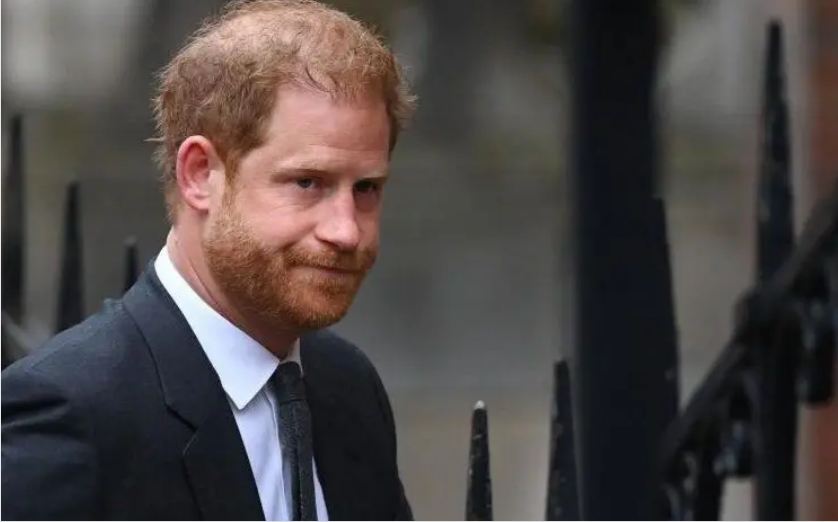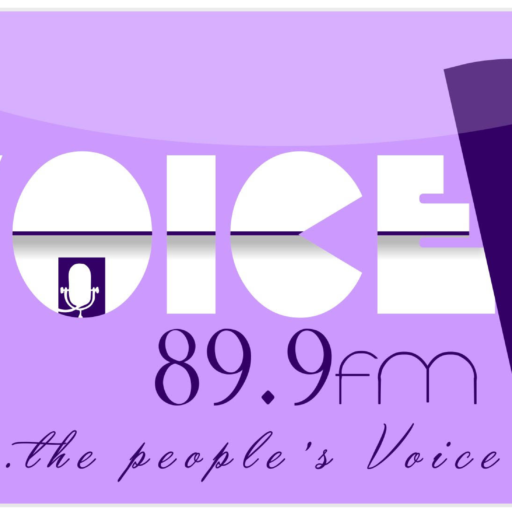
Prince Harry has become the first senior British royal to give evidence on a witness stand in 132 years, as his years-long fight against the UK’s tabloid press came to a head in a tense courtroom showdown on Tuesday.
Harry is suing a big British newspaper group, Mirror Group Newspapers (MGN), alleging the publisher’s journalists hacked his phone and used other illicit means to gather information about his life between 1996 and 2009.
The Duke of Sussex brought to court an argument that he has previously made on television programs and in podcast interviews: that the media’s intrusion and tactics caused him significant distress and wrecked some of his closest relationships.
As the landmark hearing got underway at the High Court in London, Prince Harry answered questions in a measured, almost hushed tone. At one point, he was asked to raise his voice.
He faced forensic and detailed questioning from MGN’s lawyer, Andrew Green who probed him on the specifics of his claims and occasionally left him scrambling to recall sections of his written statement or find pieces of evidence.
Here’s what we learned as Harry began giving evidence on Tuesday.
Harry’s ‘distress’ at hands of press
The prince alleges that about 140 articles published in titles belonging to Mirror Group contained information gathered using unlawful methods, and 33 of those articles have been selected to be considered at the trial.
In the courtroom on Tuesday, Harry said that “every single article has caused me distress.”
“All of these articles played an important role – a destructive role – in my growing up,” Harry said. The newspapers in question were on constantly display “in every single palace, unfortunately,” while he was growing up. At school, fellow students and others would read the articles, he said. Harry described the level of coverage as “incredibly invasive.”
The newspaper group’s lawyer, Andrew Green, began by attempting to establish whether Harry remembered reading the articles in question at the time of publication. When the duke conceded he could not always recall, Green pressed him on how he could realistically argue they could have affected him so strongly. It was a theme to which Green would often return.
More detail in Harry’s witness statement
In a written statement entered into the court record on Tuesday, Harry expressed concern that his conversations with family and friends may have been intercepted. He noted that he and his brother, Prince William, “naturally discussed personal aspects of our lives as we trusted each other with the private information we shared.”
He said private information about his life was raised on voicemails left on the phones of his father Charles and his mother Diana.
Harry said that he would discuss “private and sensitive matters regarding our family and personal lives” on voicemails left on the phone of the then Kate Middleton, now the Princess of Wales, he said. The Duke listed a number of other friends with whom he had been in contact, including the late TV presenter Caroline Flack, in his witness statement.



